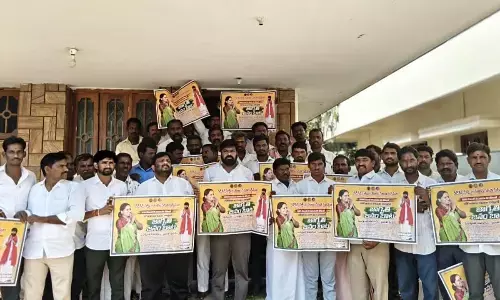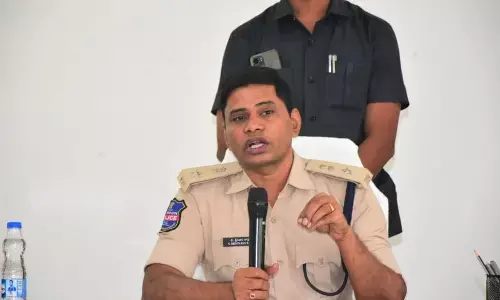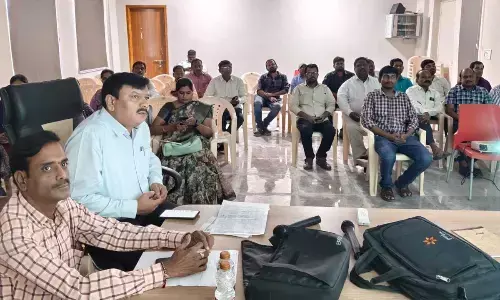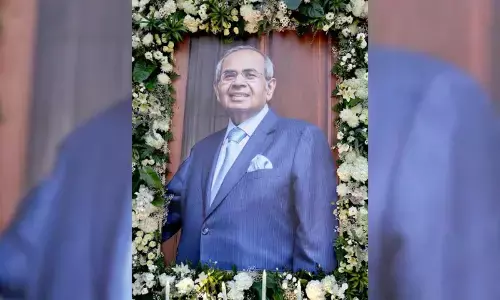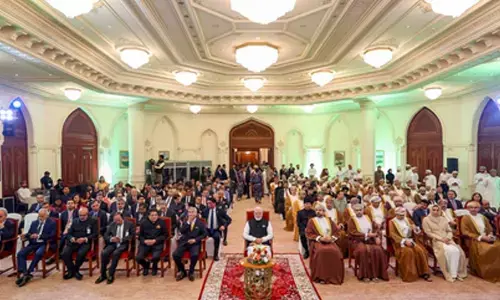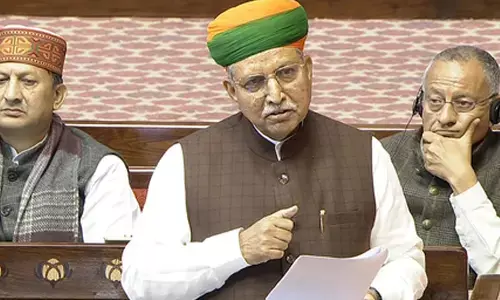Thai princess makes unprecedented move into politics with run for PM
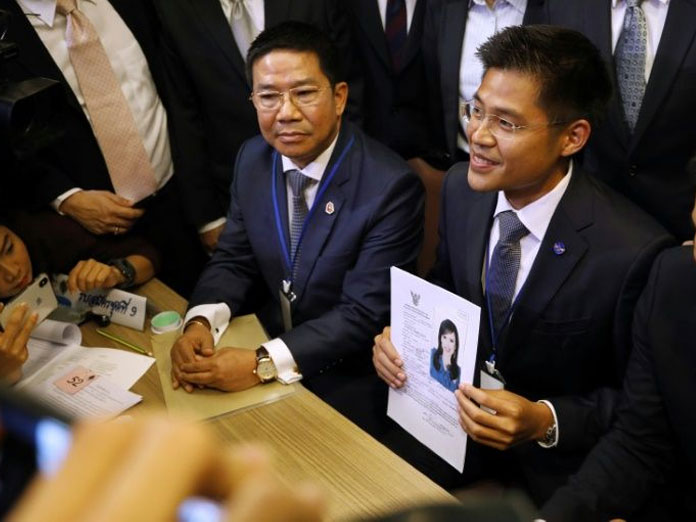
A Thai princess will run for prime minister in March elections in an unprecedented entry by a royal into frontline politics, pitting her against the chief of the ruling junta and redrawing the nations political landscape
Bangkok: A Thai princess will run for prime minister in March elections in an unprecedented entry by a royal into frontline politics, pitting her against the chief of the ruling junta and redrawing the nation's political landscape.
Princess Ubolratana, 67, the older sister of Thai King Maha Vajiralongkorn, was announced as a candidate for the Thai Raksa Chart party steered by the divisive Shinawatra political clan. The Thai monarchy, a revered institution shielded from criticism by a tough defamation law, has traditionally been seen as above the political fray, although royals have intervened in moments of political crisis.
Ubolratana's nomination has electrified the buildup to a March 24 election which had seemed poised to return the junta and its proxies to power in some form. Her involvement gives a royal sheen to Thaksin Shinawatra's political machine, which has won every election since 2001. And it also potentially builds a bridge between Thaksin's "Red" shirted supporters and the "Yellow" shirts who are arch royalists. Deadly violence and disruption linked to the two groups has defined Thailand's turbulent last decade.
"The board agrees that the name of Princess Ubolratana, an educated and skilled person, is the most suitable choice," Thai Raksa Chart party leader Preechapol Pongpanich told reporters.
The party falls under the tutelage of Thaksin, a billionaire self-exiled former premier, who stands at the heart of Thailand's bitter political schism -- loathed by the army and Bangkok elite, yet adored by the rural poor.
The announcement thrusts him back to the centre stage of Thailand's political drama just as it appeared the military were set to succeed in sidelining him.
He was toppled in a 2006 coup, while his sister Yingluck was booted from power in a 2014 military takeover and forced into exile to avoid a jail term.
The princess's move deals a heavy blow to the aspirations of Prayut Chan-O-Cha, the junta head, who has spent nearly five years trying to recast the political system to limit the power of elected governments and prepare his own return as a civilian leader.
In a day of high drama, Prayut declared his candidacy for premier, running for the Phalang Pracharat army party, moments after the princess's announcement.
"I want to reassure that I do not intend to hang on to power. It is not easy for me to make my decision... it is a crucial moment for the country," he said. The military under Prayut has cast itself as the protector of the monarchy. But Ubolratana's shock entrance into politics, aligned with the junta's nemesis -- the Shinawatra family -- undercuts those claims.
Ubolratana, a colourful, public-facing royal in contrast to her more restrained brother King Maha Vajiralongkorn, relinquished her royal titles after marrying the American Peter Jensen in 1972.
But the couple divorced and she moved back to Thailand where she is still considered part of the royal family.
In Thailand she experienced tragedy, losing her autistic son Poom to the 2004 Asian tsunami. Thailand has not had a royal as premier since becoming a constitutional monarchy in 1932.
Known to the public for lead roles in Thai films, onstage singing performances, a vibrant fashion sense and a sizeable Instagram following, Ubolratana is the first-born child of the late King Bhumibol Adulyadej.
Analysts said she is not technically covered by the kingdom's royal defamation law -- which carries heavy jail sentences -- but that given the wide interpretation of the rules, she is unlikely to face the scrutiny given to most politicians.
"Who would dare criticise a royal prime minister?" said Puangthong Pawakapan, professor of political science at Chulalongkorn University. The stride into politics by a royal has left Thais scrambling to work out what it may mean for the nation's tattered democracy.
"This is quite unprecedented and nobody is prepared for this," Professor Anusorn Unno, of Thammasat University, told AFP.
"I don't think it's the victory for the people; I think this is part of the adaptation of the ruling elite in terms of changing the landscape of politics." Since ascending the throne in 2016, King Maha Vajiralongkorn has reorganised palace affairs.
The vastly wealthy Crown Property Bureau is now under his personal stewardship, he has appointed several new privy counsellors and established a highly trained personal guard.
Crucially he has appointed a new army chief from a different faction of the military to the ruling junta. His coronation will be held in May.









